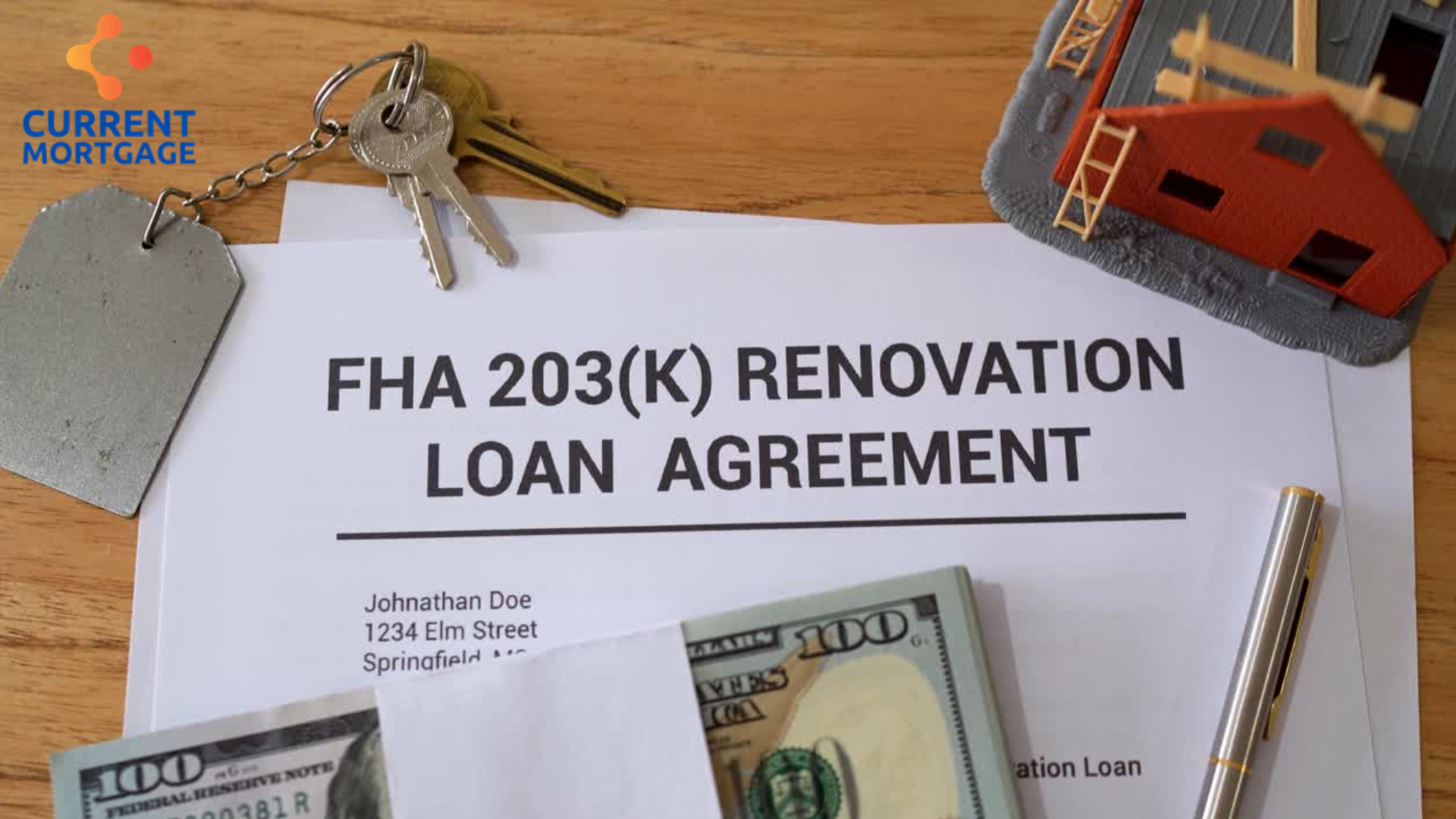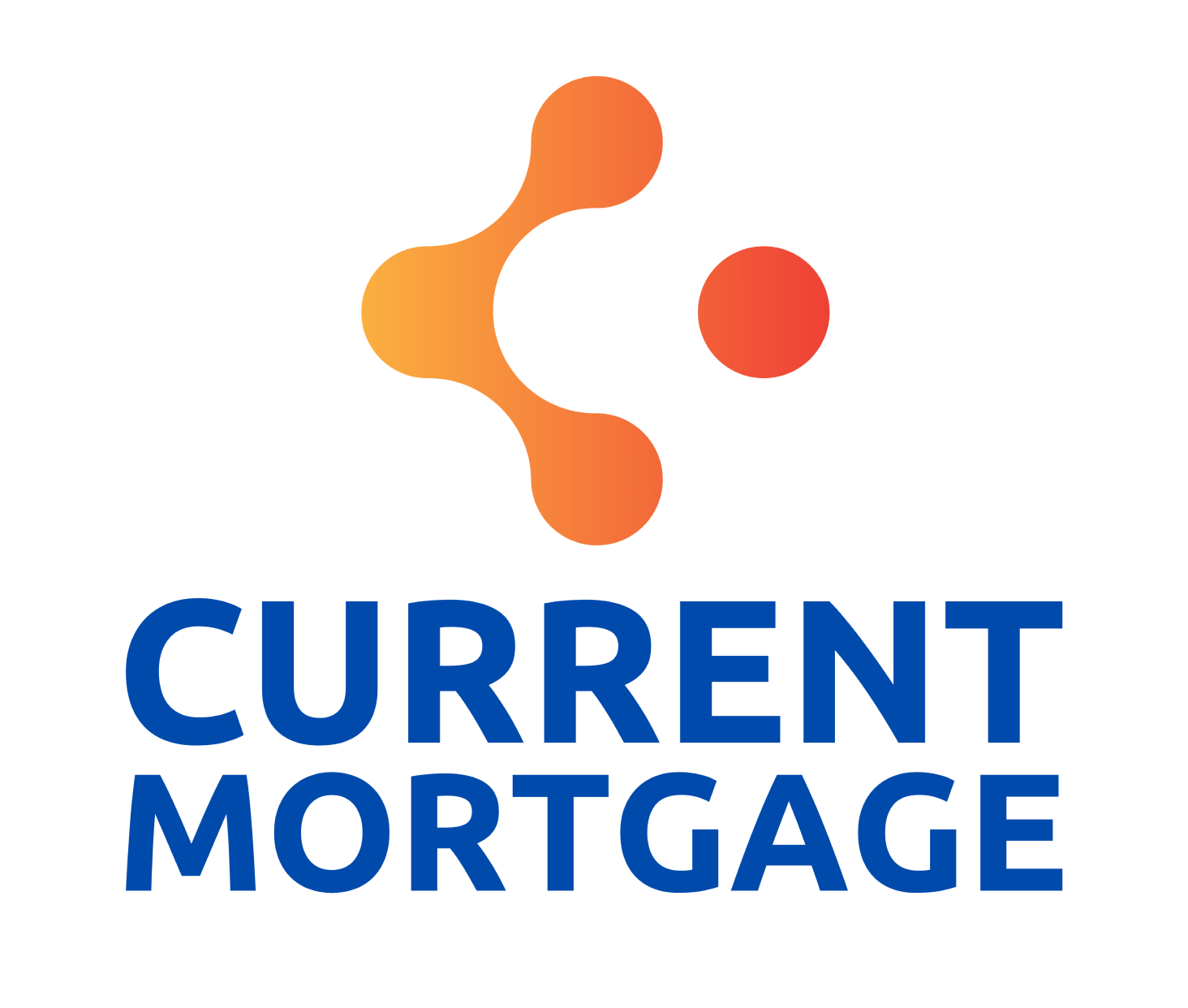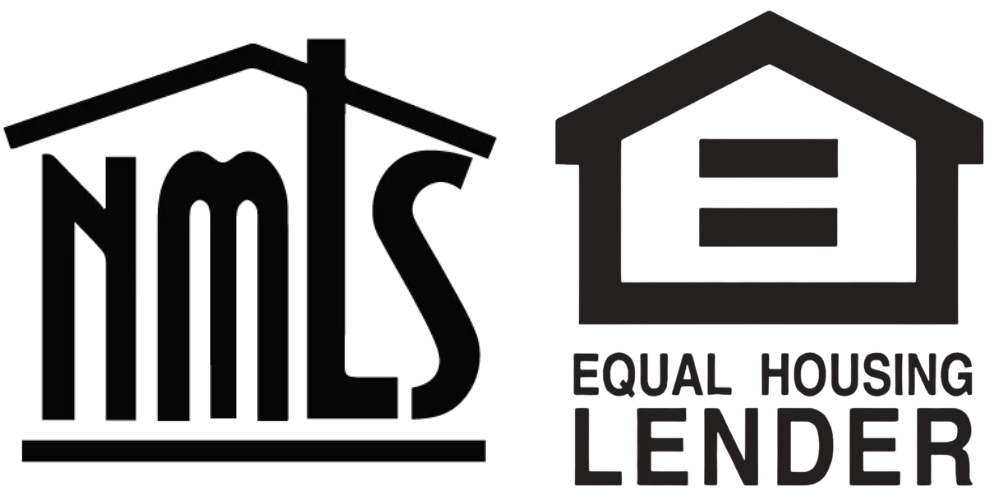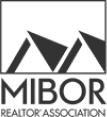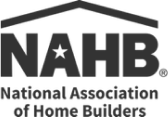Choosing Between FHA and Conventional Loans
Are you stuck choosing between FHA and a conventional loan?
Don't worry, you're not alone. Many home buyers face this tough decision. In this video, I'll break down the key differences to help you figure out which option is the best fit for you.
FHA Loans: A Path for First-Time Buyers and Low Credit Scores
FHA loans backed by the Federal Housing Administration are a great option for first-time homebuyers or those with less-than-perfect credit. With credit score requirements often as low as 580 and down payments starting at just 3.5%, they're designed to make home ownership more accessible.
Mortgage Insurance Requirements for FHA Loans
However, FHA loans come with mortgage insurance premiums, which you'll need to pay upfront as part of your monthly payment. These insurance costs stay for the life of the loan unless you refinance into a different type of mortgage.
Conventional Loans: Ideal for Higher Credit Scores
Conventional loans, meanwhile, are not government-backed and are often favored by buyers with higher credit scores. Lenders typically look for a score of 620 or higher.
Down Payment Flexibility and PMI for Conventional Loans
The down payment can vary, but if you're able to put down at least 20%, you can avoid paying private mortgage insurance, or PMI, which can significantly lower your monthly costs. Conventional loans also tend to have fewer restrictions on property types and loan amounts compared to FHA loans.
PMI Removal for Conventional Loans vs. FHA Loans
One thing to note, if you're putting less than 20% on a conventional loan, you'll still need to pay PMI, but it'll typically fall off once you've built up 20% equity in the home, something FHA loans don't offer as easily.
Choosing the Right Loan for Your Situation
So which loan is right for you? If you have a lower credit score or a smaller down payment, an FHA loan could be the way to go. But if you're in a stronger financial position and want to avoid long-term insurance costs, a conventional loan might be the better choice.
Next Steps: Discussing Your Options with a Loan Officer
The key is to weigh your options based on your current financial situation and long-term goals. Talk to a loan officer like myself about your unique financial situation and what loan programs you might qualify for.
